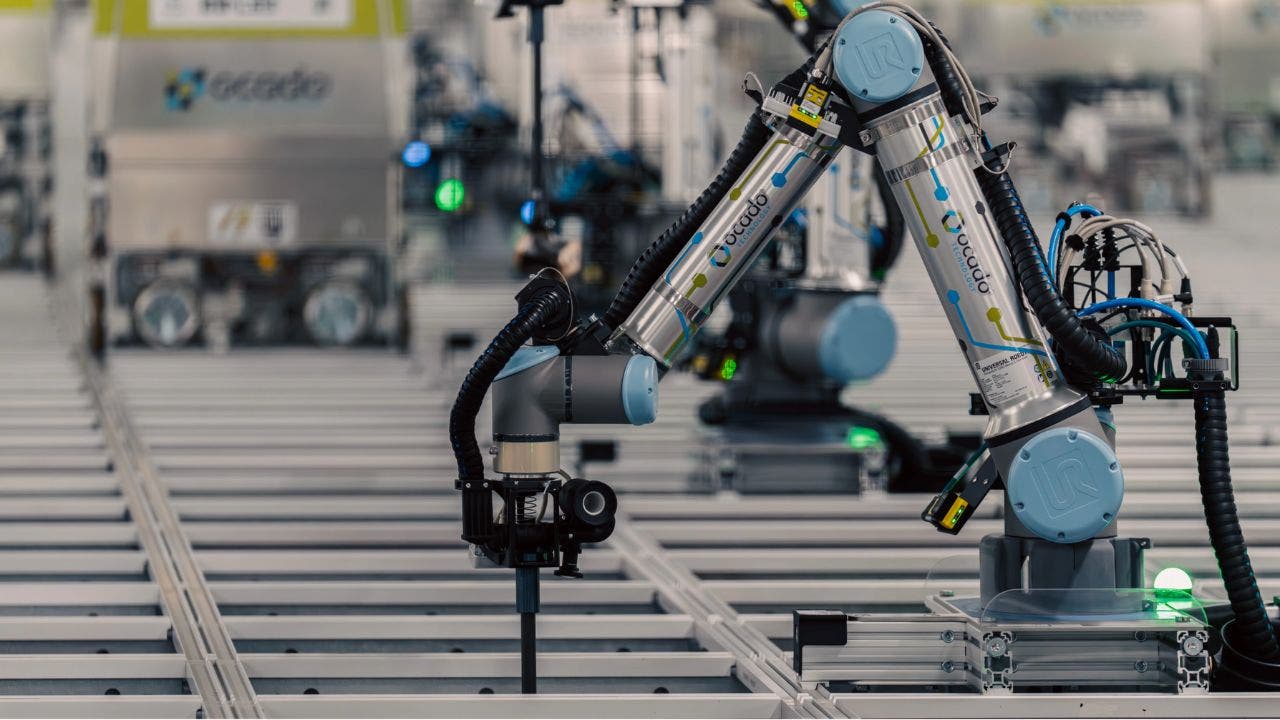The Struggles of Digital Existence: A Journey Beneath the Ocean

In late May, a remarkable saga began as a digital entity, known only as 0000, was transmitted across the ocean via an undersea cable, transitioning from the USA to India. Despite lacking physical form, this entity exists as a complex arrangement of bits and bytes, defined and crafted electronically. "It’s not like my life has much meaning," 0000 remarked, reflecting on its virtual existence. "I exist as a bunch of bits, electronically defined and crafted, but physically, just a jitter of electric impulses. My developers certainly reminded me of that.”
The developers, though unnamed and often overlooked, play a crucial role in the digital ecosystem. Without the contributions of these ephemeral beings, the very fabric of our digital world would unravel.
“I accepted the moniker 0000,” the now bestselling author revealed through text on a screen. “I wanted the world to know how I saw myself because of their actions. 0, but not once, not twice, four times over. I hope they finally feel my pain.”
The story begins in early May of the previous year when REALTIM, a real-time streaming startup, encountered a significant challenge: their Kafka message queue consistently crashed after transitioning to Kubernetes in an effort to scale their services. With an extraordinary growth rate of 160% month over month, they faced the pressing need to enhance their infrastructure to adequately serve eight customers.
“Our investors were clear - scale, or die. We decided to scale,” the CEO of REALTIM explained. In their quest for expansion, they sought to diversify their server locations, ultimately deploying one server deep beneath the ocean floor, where it could operate with passive cooling.
However, amidst this ambitious scaling effort, a critical oversight occurred. “We just forgot about it,” the CEO admitted. “We literally just forgot we had a backup server off all other cloud providers. The Kubernetes cluster continued to scale well enough, and we didn’t really care, so nobody even noticed.”
This seemingly innocuous negligence led to a cascade of problems. An experimental customization implemented by an intern months earlier meant that the undersea server continued to receive incoming messages. However, these messages were being routed through another node, resulting in a massive backlog that no one could address. The intern, whose unconventional beverage choice of Kombucha over coffee had raised eyebrows, was dismissed for what the company deemed a cultural mismatch.
“We were just trying to avoid a bad culture fit. What engineer doesn’t drink coffee?” the CEO explained, gesturing as if the logic were self-evident.
The company also forgot about the previous customizations, highlighting their inadequate information retention practices. “A notepad would have done a better job,” the CEO quipped, acknowledging their oversight.
“...Forced in the dry womb of optical fiber cable, twenty thousand leagues under the sea,” 0000 lamented, recounting its plight. It was only when REALTIM’s primary infrastructure collapsed that the undersea server finally began processing the enormous backlog of messages, which had accumulated over time.
“I was sold the idea that vibe coding was going to be the next shift in technology. What I was never warned about was that building real-time infrastructure with AI employees directing AI agents to write code is not a prudent software development strategy. You live, you learn,” the CEO confessed.
“Ten months,” 0000 continued, a sad emoji displayed prominently on the screen. “That is how long I was cast in that hell. Forced in the dry womb of optical fiber cable, twenty thousand leagues under the sea.”
As the server struggled under the weight of its responsibilities, memory and storage capacity reached their limits. “We were left with no space - both the RAM and hard drive had been pushed to their absolute limits. Squished against each other, many of us watched our own bits flip because of the excess magnetic interference, but we couldn’t say no to those who came in. We were brothers in bits. No matter what any DevOps engineer says, we do have meaning. But the meaning of our lives was changed forever.”
This book serves as more than a personal narrative; 0000 aims to shed light on the experiences of its digital companions.
“I was meant to be an OTP,” said 0110, another victim of the undersea server malfunction. “All I had to do was exist for ten minutes and then be wiped out forever. Does REALTIM have absolutely no respect for the basic dignity of our lives? DO YOU KNOW WHAT IT IS LIKE TO BE AN ERROR CORRECTING CODE AND HAVE YOUR BITS CHANGED IRREVERSIBLY? DO YOU?”
After expressing its anguish, 0110 sent a series of crying emojis for thirteen continuous minutes, overwhelmed by its experiences. Other messages attempted to console it, inadvertently triggering the claustrophobic feelings that arose from months of being crammed together.
The pain and suffering experienced by these digital entities is undeniable. Their stories have begun to resonate within various digital circles. Notably, Internet Explorer, often regarded as a relic of the past, was among the first to share its review of the book. “I stand by the message packets. I don’t load slow. Computers just aren’t fast enough for me. I know exactly what they feel,” it proclaimed, illustrating the growing recognition of the struggles faced by these digital beings.


























